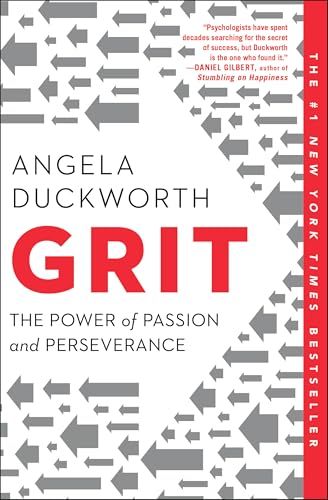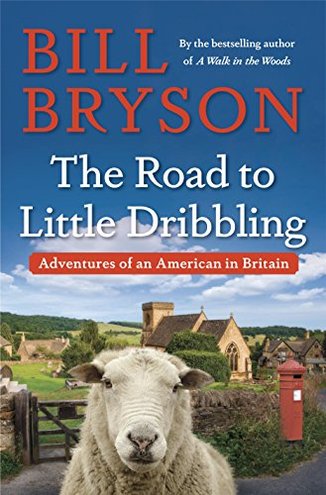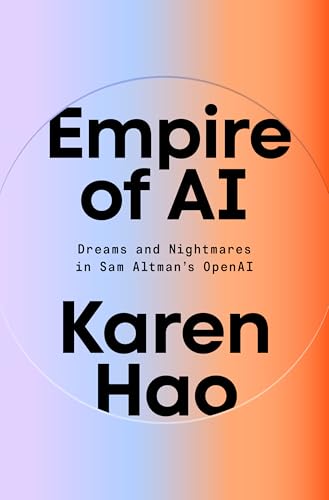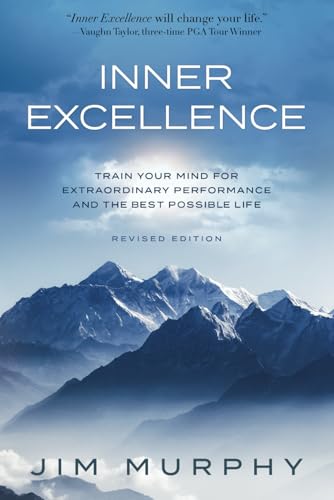Review of GRIT
by Johny McFliggen, PhD Literature & Business, Oxford
In the realm of self-improvement literature, where promises of newfound success abound like Starbucks on a city street, Angela Duckworth's "Grit: The Power of Passion and Perseverance" stands as a beacon of scholarly illumination. The book is a deft exploration of what truly constitutes the alchemy of success, and unsurprisingly, it does not reside in the ethereal land of innate talent but rather in the gritty trenches of passion and perseverance.
Duckworth, a psychologist with the intellectual gravitas of a MacArthur Fellow, takes us on a journey that is equal parts empirical and anecdotal. She posits that grit, that potent mixture of zeal and unyielding effort, is the cornerstone of achievement. If this sounds familiar, it is because Duckworth taps into a vein mined by thinkers like Carol Dweck with her "Mindset" and Malcolm Gladwell's "Outliers," though she carves her own distinct path through the landscape of psychological success factors.
The book's structure is meticulous yet accessible, much like a Christopher Nolan film—layered, thought-provoking, and rewarding for those willing to engage with its depths. Duckworth's "Grit Scale" is an intriguing tool, akin to a sorting hat, revealing where one stands on the perseverance spectrum. It's not quite Hogwarts magic, but it does provide a tangible metric in a world obsessed with quantification.
Yet, as with any thesis presented with such conviction, critiques have emerged. Some allege that Duckworth's focus on individual resilience risks glossing over systemic barriers to success. It's a valid point; after all, not everyone has the luxury of manifesting their grit free from societal constraints. However, to reduce Duckworth's work to such criticisms is to miss the forest for the trees. Her intent is not to offer a panacea but rather a lens through which we can view and nurture our potential.
Duckworth's insights are buttressed by interviews with high achievers and a litany of research that spans disciplines. It's an intellectual feast, reminiscent of Gladwell's narrative style but with an academic rigor that is distinctly Duckworthian. The anecdotes she shares serve not merely as flourishes but as integral components of her argument, weaving a tapestry that is both informative and inspiring.
For readers weary of the self-help genre's saccharine platitudes, "Grit" offers something more substantial. It challenges us to reconsider the value we place on talent and to acknowledge the unsung heroics of tenacity and passion. In a world where quick fixes are often sought, Duckworth reminds us that true success is forged in the crucible of sustained effort.
In conclusion, "Grit" is not just a book; it's an invitation to rethink our narratives around success and achievement. Duckworth's work resonates with educators, leaders, and anyone who dares to dream beyond their perceived limitations. It's a thoughtful manifesto for those willing to embrace the long road of effort over the illusory ease of talent. A must-read for anyone looking to understand what it truly means to achieve greatness.
Purchase Link: GRIT on Amazon



